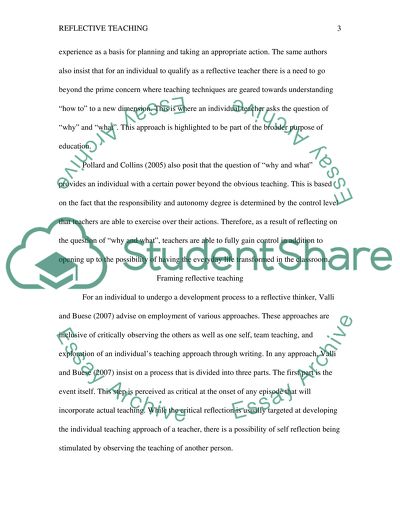Cite this document
(“Reflective Teaching Essay Example | Topics and Well Written Essays - 1000 words - 1”, n.d.)
Retrieved from https://studentshare.org/education/1432999-reflective-teaching
Retrieved from https://studentshare.org/education/1432999-reflective-teaching
(Reflective Teaching Essay Example | Topics and Well Written Essays - 1000 Words - 1)
https://studentshare.org/education/1432999-reflective-teaching.
https://studentshare.org/education/1432999-reflective-teaching.
“Reflective Teaching Essay Example | Topics and Well Written Essays - 1000 Words - 1”, n.d. https://studentshare.org/education/1432999-reflective-teaching.


